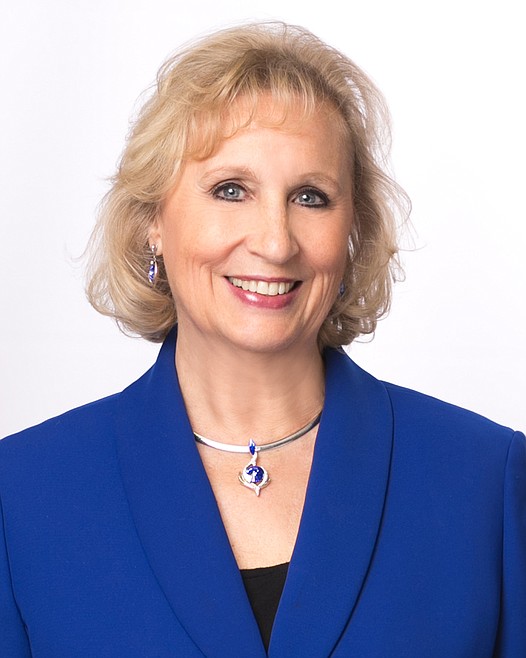ADVERTISING: Advertorial — Is telemedicine right for you?
In the past few years, the use of telemedicine has soared. With that comes some unique challenges and benefits.
The general consensus about telemedicine is pretty positive overall. People seem to appreciate the convenience it offers — being able to see a doctor from home without needing to travel is a huge plus, especially for those in remote areas or with busy schedules. In situations where someone is seeing their doctor for no other reason than to renew a lifelong medication regime, it is also a convenience.
By contrast, there are also some viable concerns. One is the lack of contact with the doctor by way of exams or physical contact. For example, when a patient comes into my office, I’m not just listening to them. I am watching their body language, the tones used in communication, the subtle colorations of their skin, the ability to maintain eye contact and the real commitment to care, not the stated commitment. While some of this is observable on a tele-call, you can really miss the subtle undertones in what is being said by the patient or what is seen by the practitioner.
When a patient has a rash or injury, it is difficult to really see it on a tele-call in the same way you can in person. It’s hard to turn the injured or rash site to just the right angle, to clearly identify it, or to feel it or even smell it if necessary, from a video. Diagnostically, telemedicine is still quite behind a good-old-fashioned person to person visit. Since labs and imaging studies are generally ordered after a visit anyway, that doesn’t seem to be suffering efficiency. But the hands-on diagnostics is still so much better.
The access to care by individuals who have a difficult time physically getting to the office either because of health or transportation issues, or because of time challenges, makes it worthwhile. It’s also nice if you travel a lot to be able to keep your appointments from anywhere you might be.
The cost savings in healthcare can be tremendous and add to the desirability of telemedicine, although the reliability of coverage and reimbursement is still uncertain. Doctors who get to do telemedicine from home generally experience a better quality of life, they are more relaxed and there is less stress in most situations.
Since physical diagnostics isn’t always necessary in counseling, more and more practitioners are doing telemedicine. Not having been on either end of a tele-call for counseling, but from what I gather from others, the personal touch in counseling is preferred. Certain anxiety disorders likely benefit more from tele-calls, and those with other serious mental concerns, but the normal every day calls (whatever that is!) I believe benefit more by person-to-person contact.
In general, I believe there is a positive inclination towards telemedicine, but would advise that diagnostics be done in-office and save the non-serious follow-ups for telemedicine.
Want to hear more from Holly Carling? Check out our podcast. Search for VitalHealth4You on your favorite podcast listening app or go to vitalhealthcda.com/podcasts/.
• • •
Holly Carling is a Doctor of Oriental Medicine, Licensed Acupuncturist, Doctor of Naturopathy, Clinical Nutritionist and Master Herbologist with over four decades of experience. Carling is a “Health Detective.” She looks beyond your symptom picture and investigates WHY you are experiencing your symptoms in the first place.
Carling is currently accepting new patients and offers natural health care services and whole food nutritional supplements in her Coeur d’Alene clinic. Visit Carling’s website at www.vitalhealthcda.com to learn more about Carling, view a list of upcoming health classes and read other informative articles.
Carling can be reached at 208-765-1994 and would be happy to answer any questions regarding this topic.

